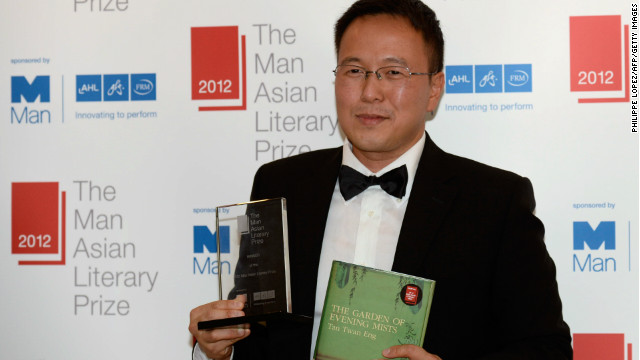by Jude Higgins
Flash fiction is a form of short short fiction that, in recent years, has been growing in popularity worldwide. To qualify as a ‘flash’, stories must be 1000 words or less and many writers write to a 500 or 300 word limit. The skill in writing these tiny tales is to successfully convey much more than the words written on the page. Bristol based writer and writing tutor, K.M. Elkes says: “Flash leans heavily on the reader’s imagination and their ability to gather what is implied. As in music, it’s not just the sounds that are important, but the silences in between.”
Another feature of flash is that it goes straight to the heart of the matter without any preamble, and the form also lends itself to experimental styles which would not work in a longer piece.
In this micro-fiction, writer Anita Goveas uses a second-person point of view to write a one sentence story – a ‘breathless’ paragraph which perfectly captures the state of anxiety of the narrator as she meets her father for the first time after many years. The exact details in the story show much about the daughter/father relationship.
Ringlets by Anita Goveas
You’ve spent all night with your thick unruly hair in curlers, because in the only photo you have of your father his hair is practically in ringlets as he stands in his first exhibition in his golden bellbottoms and you’ve never been in an art gallery or met a sculptor although you’ve read every book about Anish Kapoor and even though you’re in your best linen trousers and sharply-pressed silver-threaded kurtha that shines if you look at it the right way, you broke a nail when you buckled on your too-tight sandals and your hands were trembling too much to wing out your eyeliner and the closest you’ve come to bronze is the 5m swimming medal he took with him when he left so you need his first glance at you with his detail-focused, horizon-seeking eyes to recognise something about you that with work could be perfect.
Anita’s flash fiction collection Families and Other Natural Disasters is forthcoming from Reflex Press.
In the UK and elsewhere, there are many opportunities to publish flash fiction with dozens of online literary magazines accepting submissions of high quality flash fictions, and small presses like Reflex Press and Ad Hoc Fiction regularly publishing anthologies and new single author collections. The Bath Flash Fiction Award runs a competition three times a year with a prize fund of £1460 each round, and attracts hundreds of national and international entries. National Flash Fiction Day has been organising special events and contests to celebrate flash fiction on one day in June, for the last nine years and the Flash Fiction Festival, the only literary festival dedicated to flash fiction, will also take place June 19th – 21st this year in Bristol, for the fourth year running. Writers and teachers of flash fiction come to this unique festival from many different countries to give workshops, talks and readings on all aspects of the genre and participants also come from around the world to learn, write and read their fictions. It’s an exciting and fun event. This year we are thrilled that writer and publisher Farhana Shaikh and writer and creative writing lecturer, Susmita Bhattacharya are giving a talk on the rich tradition of micro fiction in South Asia at the festival.
Those who love longer form writing might also be interested in flash fiction novels or novellas. Writers use very short flash fiction ‘chapters’ to create a longer narrative. Although each flash must stand alone, they can, rather like the individual pieces of a patchwork quilt or the tiles on a roof, be fitted together to form a satisfying longer whole with its own narrative arc.
There’s something about flash fiction that appeals to most writers. It’s good to read out loud and listen to at the many open mic events around the country. Novelists like Kit de Waal, often take a break from the long haul of writing a novel to write flashfiction. Others write flash to try out different structures, genres and styles to extend the range of their writing. For example, those who enjoy historical fiction can submit to the excellent UK online magazine, FlashBack fiction, which publishes historical flash fiction only, offering writers the opportunity to record their stories as well publishing the text. They actively encourage submissions by writers from different countries, backgrounds and cultures and new stories are published weekly.
There are so many different opportunities for the flash fiction writer. And once you get into the swing of writing in the short short form, it’s hard to stop.
Jude Higgins is a writer, writing tutor and writing events organiser. Her flash fiction has been widely published in literary magazines and anthologies and her flash fiction chapbook, ‘The Chemist’s House’ was published by V.Press in 2017. She organises the Bath Flash Fiction Award, and is director of the short-short fiction press, Ad Hoc Fiction and a director of Flash Fiction Festivals UK.
Featured image of Susmita Bhattacharya, Sarah Moola, Mahshuda Snaith, Anita Goveas, and Asha Krishna at last year’s Flash Fiction Festival.

